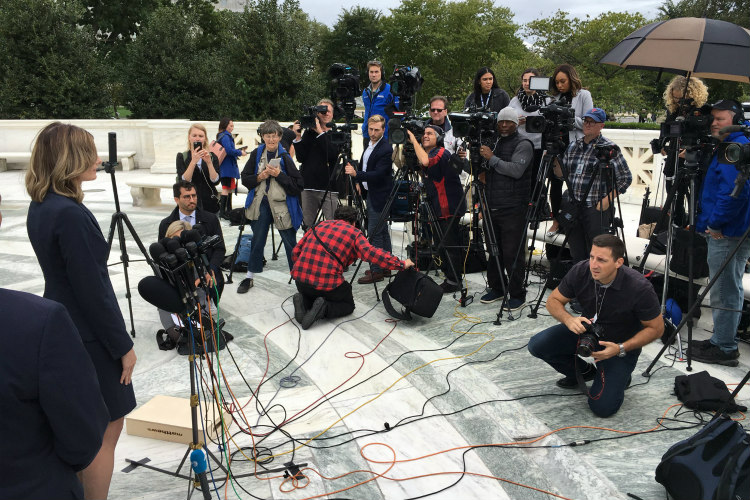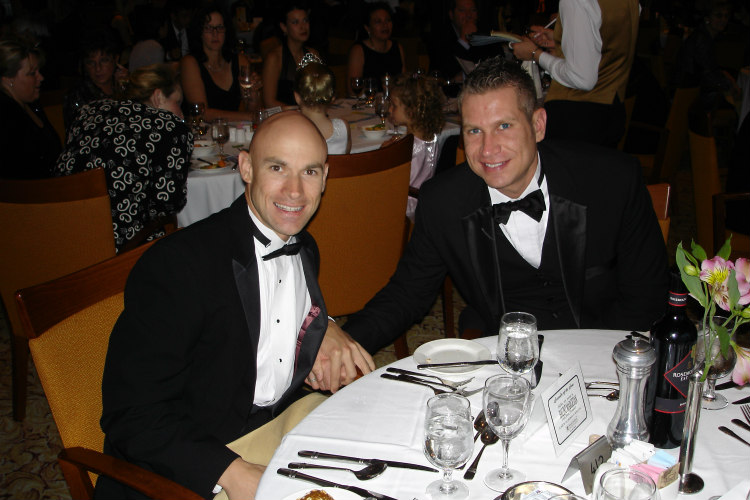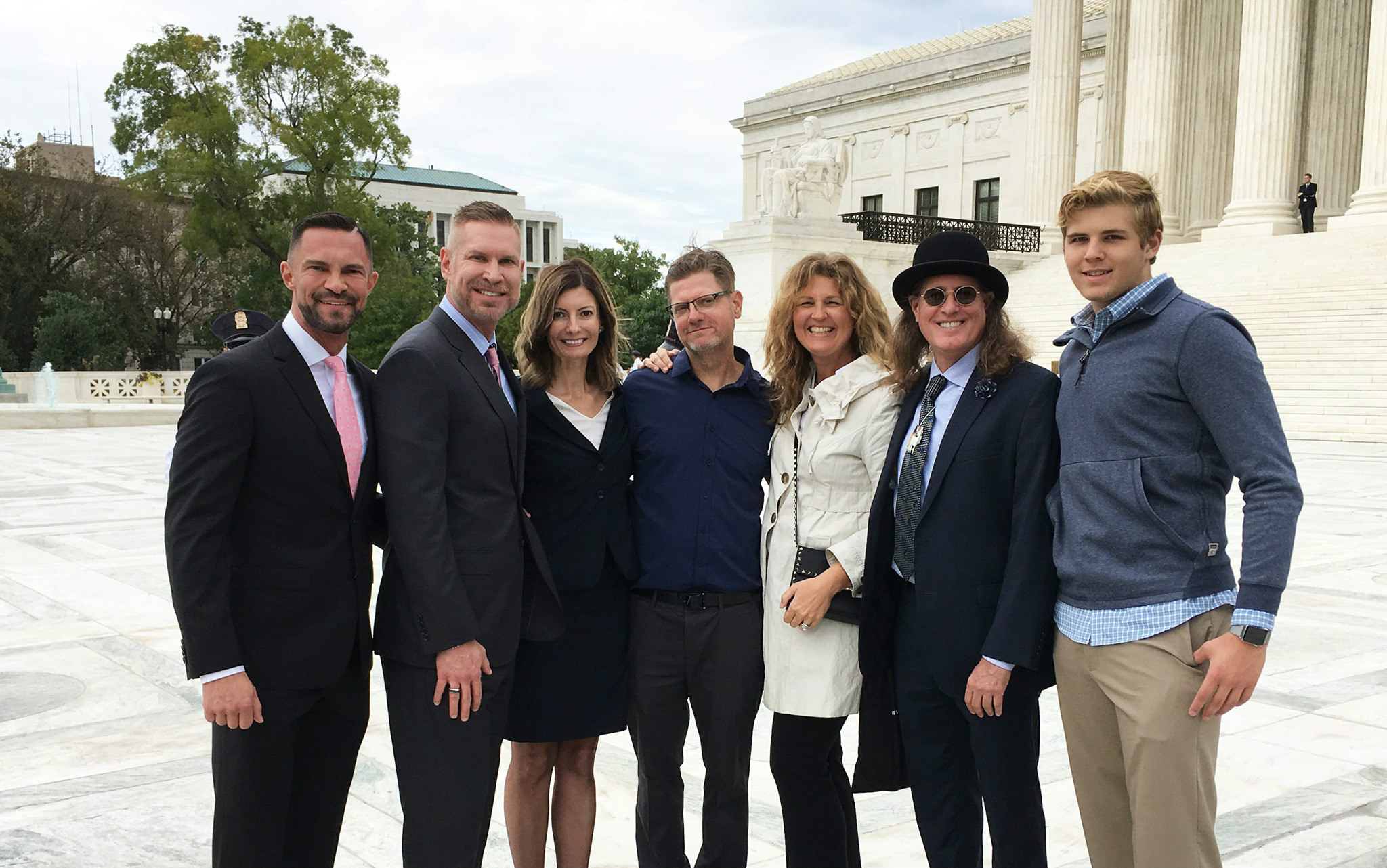Don Zarda worked at a skydiving company in Long Island, New York where he would accompany customers on tandem jumps. In an effort to make a female customer more comfortable, he mentioned that he was gay. Following the jump, the customer’s boyfriend complained and Don was fired. He sued and pursued the case, Zarda v. Altitude Express, through the courts until his death BASE jumping in 2014.
His sister, Melissa Zarda, who had been at his side during the years following his dismissal, took up the mantle that recently resulted in a Supreme Court ruling that sexual orientation falls within Title VII of the Civil Rights Act of 1964 that determined people could not be discriminated against based on race, color, religion, sex or national origin. Melissa never wavered in her commitment to advocate for her brother and the LGBTQ community.
"This case was so important to my brother that we owed it to him to pursue it in his honor,” Melissa says. “I heard from people all over the world who had been fired for nothing more than being themselves at work. People lost their paychecks, the ability to provide for themselves and their families, their health insurance and more.”

Before Don filed his case, Melissa was not aware how common LGBTQ discrimination was in the workplace.
“I was totally ignorant of the plight of LGBTQ people in the workplace,” she says. “I assumed federal protections were already in place under Title VII and couldn't be challenged.”
While she was active and supportive in Don’s case, her role changed after his death. Despite her drive to achieve his dream of the courts supporting LBGTQ equality, her devotion to her brother and her conviction that workplace equality was essential, she was not confident that they would win.
“I hate to say it, but there were times that I worried that we’d lose and I thought that would be tragic.”
As she watched the oral arguments during the Supreme Court hearing, she began to gain hope.
“I noticed during oral arguments that (Associate Supreme Court Justice) Neil Gorsuch was really engaged,” Melissa said. “He was asking questions and paying attention and taking the time to listen to both sides. Also, we were represented by the best of the best. Our attorney was Pam Karlan, co-director of the Supreme Court Litigation Clinic at Stanford, and we were also supported by a talented team at the ACLU.”

Despite her years of work and devotion to her brother’s cause and the strength of their team, Melissa was overwhelmed when the verdict was in their favor.
“My heart was racing. I can’t really put it into words. My brother had been dealing with this case for a few years already before he died and it took a huge toll on him,” she says. ”I took over along with his partner, Bill (Moore), in 2014. We hit many snags along the way, but we kept going. It has been a long journey, and to see it all end at the highest court with a fair ruling was euphoric.”
Melissa felt as if Don were with her when she heard the news.
“I feel he was looking down on us and that he was proud that we didn’t give up,” she says. “He would have been wearing his biggest smile and would have given me one of his bear hugs that I miss so much.”
Rather than resting, Melissa is taking advantage of the momentum of the decision to pursue further LBGTQ protection.

“I think it’s important to push Congress to pass the Equality Act to fully protect LGBTQ people — and all people — from discrimination in all contexts covered by federal civil rights law. The reality is that many LGBTQ people face harassment and mistreatment in their daily lives.
LGBTQ people of color — particularly Black transgender women — face even higher rates of discrimination and too often violence. LGBTQ people should be protected from discrimination across all areas of life, including health care, education, housing and more. The Equality Act would address that discrimination. We need to pass it now.”

